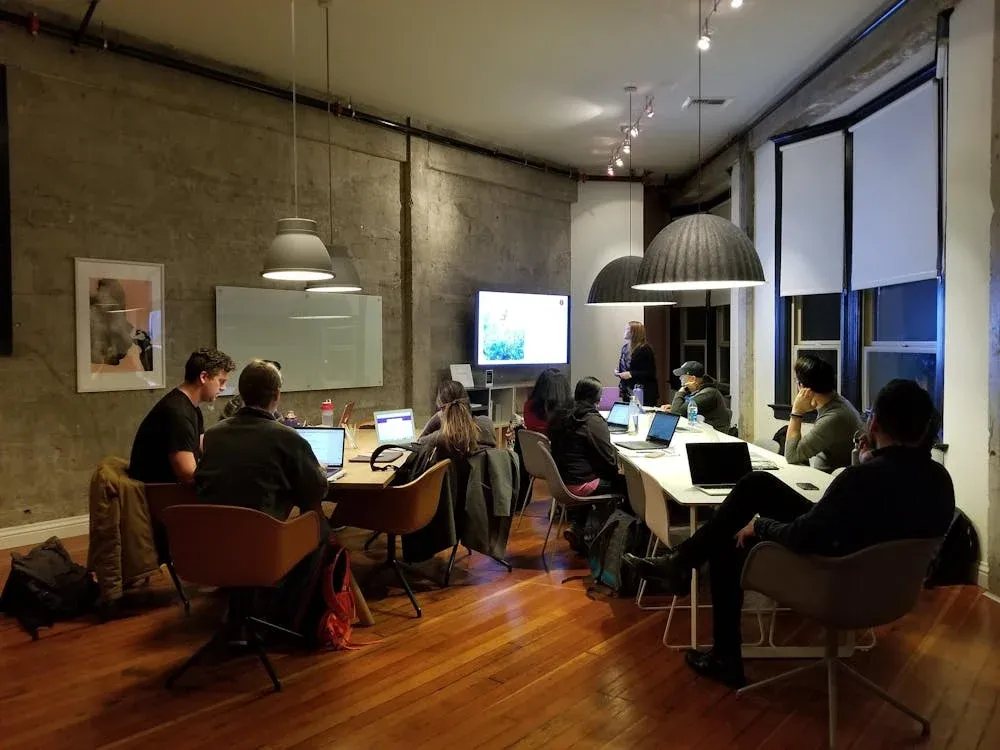
Editorial Disclaimer
This content is published for general information and editorial purposes only. It does not constitute financial, investment, or legal advice, nor should it be relied upon as such. Any mention of companies, platforms, or services does not imply endorsement or recommendation. We are not affiliated with, nor do we accept responsibility for, any third-party entities referenced. Financial markets and company circumstances can change rapidly. Readers should perform their own independent research and seek professional advice before making any financial or investment decisions.
Finding the right office space is a critical decision that can influence your company’s culture, productivity, and long-term growth. Whether you’re a startup looking for your first dedicated workplace or an established company considering an upgrade, the office you choose must align with your operational needs, budget, and brand.
In this guide, we break down what to look for in a commercial office space and how to make a smart, strategic choice — especially if you're planning to scale or adapt to hybrid work models.
Before you even start touring potential office spaces, get clear on what your company truly needs. Consider the following:
This internal clarity will help you avoid choosing a space that’s too large, too small, or doesn’t support your way of working.
The right location isn’t just about prestige — it’s about accessibility. A well-placed office:
In Singapore, areas like the Central Business District (CBD), Orchard, and Bugis are popular for their connectivity and vibrancy. If you're targeting top talent, being based in a central and convenient location can also make a difference during recruitment.
Cost is always a key factor, but rent alone doesn’t tell the full story. Many traditional leases come with hidden expenses such as:
If you need predictable monthly costs and low upfront investment, flexible office providers or serviced spaces may be the better fit. These often come fully furnished and ready to use, with IT and amenities bundled into one price.
One of the biggest advantages of modern office spaces — especially those offered by coworking or managed workspace providers — is flexibility.
Look for office solutions that allow you to:
Scalability is especially important for high-growth businesses or companies that operate project-based teams. Flexible providers can offer private suites for core teams and hot desks for temporary staff or visiting colleagues.
While it may seem secondary, amenities can have a major impact on employee morale and productivity. A well-equipped office space should offer:
In addition, check whether the provider offers on-site support staff, cleaning, and security — these contribute to a seamless day-to-day experience.
Your office space is an extension of your brand. If clients or partners regularly visit, you’ll want an environment that reflects your values and professionalism. Pay attention to:
Many flexible workspace providers even offer co-design options for enterprise clients — letting you customise your space layout, wall colours, and more (with reinstatement terms at the end of lease).
Traditional leases can be restrictive, often requiring multi-year commitments, heavy CapEx, and personal guarantees. On the other hand, flexible workspaces offer:
For businesses in growth mode — or those adapting to hybrid work — flexible offices reduce risk while offering operational agility.

The ideal office space should support your team today and evolve with your business tomorrow. It should be a place that fosters focus, collaboration, and innovation — while offering the flexibility to change as your company’s needs shift.